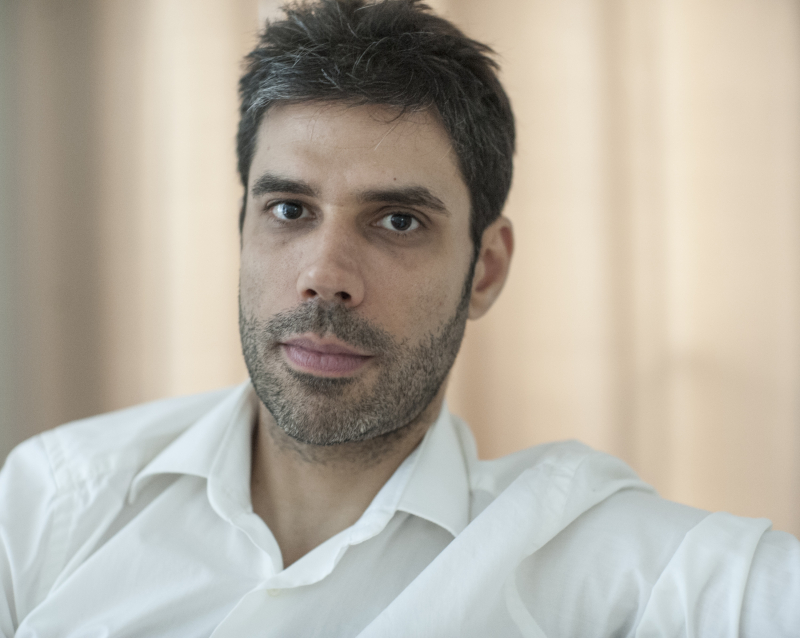Interview with Mathieu Lewin, invited speaker at ICM2022
Interview with Mathieu Lewin, research director at the CNRS and CEREMADE (University of Paris Dauphine-PSL), invited speaker at ICM2022, Section 10, Partial Differential Equations.
Link to the virtual ICM 2022 talks
What is your field of research?
I work in mathematical physics, mainly with tools from the theory of partial differential equations.
Let me first say a few words about “mathematical physics”, which is not really a scientific field but rather a general approach. In this discipline, we seek to understand physical phenomena with mathematical tools, which we sometimes have to invent. Instead of “demonstrating rigorously what physicists already know”, we try to shed new light and even offer a mathematical explanation of a given physical situation. Thus, our work complements that of physicists, and it requires sound knowledge of their work and motivation. This general approach can be applied the same to other disciplines, such as biology and the social sciences. All domains of mathematics can play a role in mathematical physics, from number theory to statistics.
My preferred applications are quantum physics and statistical mechanics. In my work, I sometimes initially prioritise the physics question over the mathematical tools that must be used to answer it. So, even if I am an analyst by training, I can be led to use different techniques, for instance coming from the theory of probability. Conversely, the study of physics problems can generate new maths questions.
What do you like about being a mathematician?
I really like interacting with my maths and physics colleagues. Mathematicians are sometimes presented as lonely crackpots, thinking about very abstract and incomprehensible problems. But in reality, research is mainly done by several people, and relies heavily on social interactions among researchers.
I also read a lot of articles from other fields (especially in physics and chemistry, but not only). I look for inspiration and the role that maths could play in explaining certain phenomena. We can love mathematics for itself, disconnected from the rest of science, but I prefer maths in interaction with other disciplines and with the broader society.
What is a truly significant result for you? Or an “elegant” solution?
I like surprising theorems, where strong conclusions seem to arise out of few initial assumptions. And it is even better if the proof is simple, at least in its broad outlines! But of course, “simplicity” is always relative, and largely depends on the reader’s prior knowledge.
Have you already decided what you will say at the ICM?
I will be talking about the various results of my past ten years’ work with Phan Thành Nam (Munich, Germany) and Nicolas Rougerie (Lyon), on the quantum Bose gas. We developed a new mathematical theory to explain the quite exotic behaviour of these systems at a low temperature, called "Bose-Einstein condensation". Essentially, when we go below a certain temperature, the particles in such a gas all begin to behave in the same way, forming a kind of macroscopic quantum object.
We discovered that this behaviour can be explained with the help of a non-commutative version of a famous theorem in probability and statistics, due to Bruno de Finetti in the 1930s. The quantum version of this theorem dates back from the 1970s and now plays a central role in quantum information theory. But it was never before put together with techniques from PDE theory in order to explain the behaviour of concrete large bosonic systems. It turns out that this probabilistic theory is also linked to semi-classical analysis. Thus we benefited from the significant advances in this area made around 2010 by our French colleagues Zied Ammari and Francis Nier. Putting all these elements together, we arrived at new findings on the quantum Bose gas, that had escaped our predecessors.

Contact
Mathieu Lewin is a research director at the CNRS and CEREMADE (University of Paris Dauphine-PSL).
Speakers at ICM2022
List of speakers at ICM2022 with more interviews.
